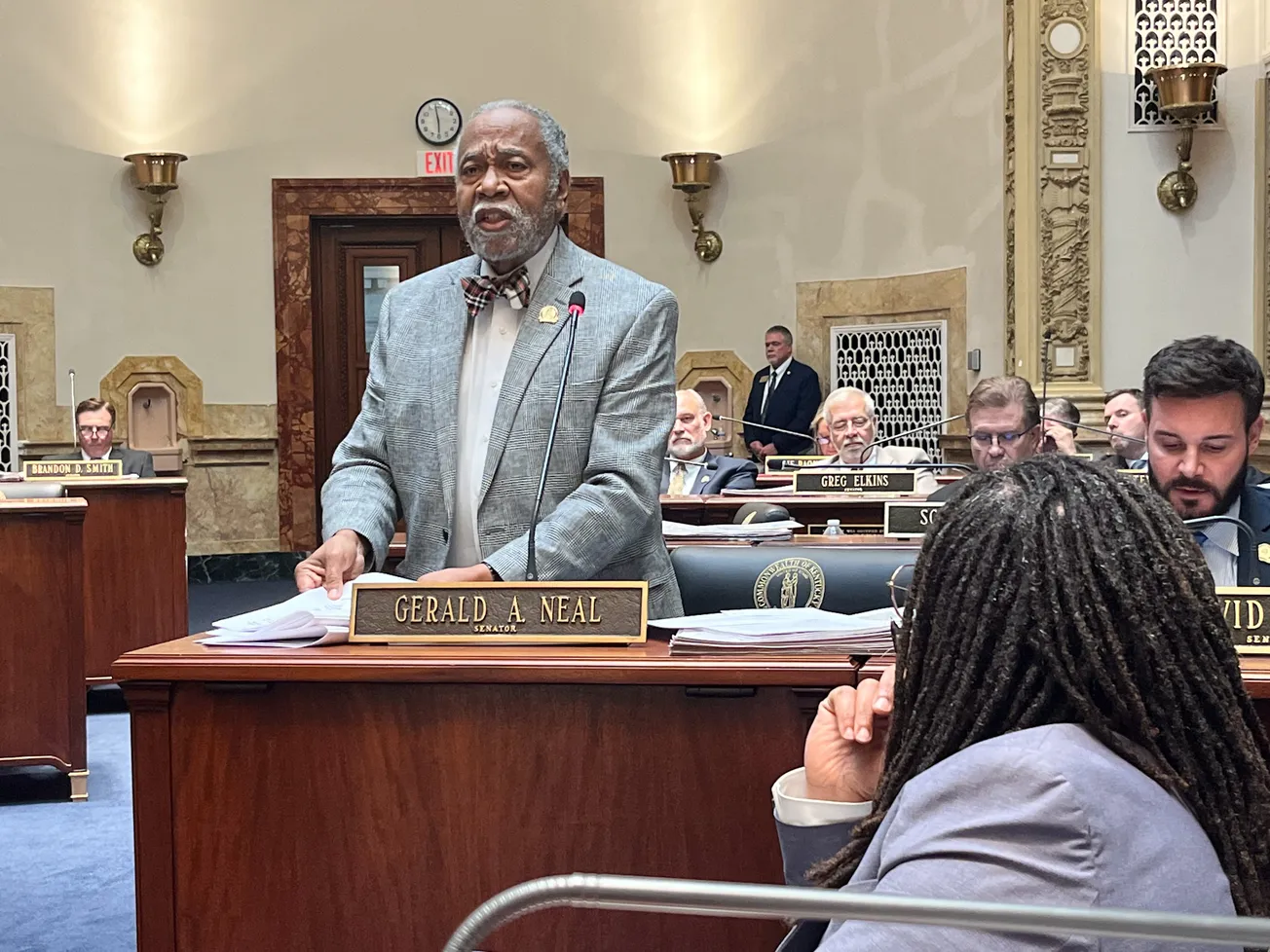For the last three years, the Supplemental Nutrition Assistance Program (SNAP, once known as “food stamps”) has helped stave off hunger and mitigate the rise in food prices during several waves of international crises. SNAP is essential to the health and success of families, grocers, and local economies, filling cabinets and boosting bottom lines with few barriers.
Starting this July that changes for more than 17,000 Kentuckians. These thousands of our fellow citizens will lose that help to buy their groceries – unless they meet a misguided requirement to start reporting their work hours. This change puts many at risk of accidentally losing benefits in a sea of complicated paperwork. And it’s a problem that will become much worse if Congress gets its way in the debt-ceiling negotiations, and forces even more reporting burdens on families struggling to get by.
With the end of federal government’s COVID-19 Public Health Emergency, Kentuckians aged 18 to 49 without children in their home or a documented disability must submit monthly paperwork showing 80 hours of work for at least 33 out of the next 36 months. If they don’t comply with this unnecessary red tape, or know to file for an exemption (like participating in AA, for example), they will lose as much as $281 in grocery money each month. The last time this policy was in place between Jan. 2018 and March 2020, it resulted in 33,400 Kentuckians losing food assistance.
The broken logic behind these work reporting requirements is that, somehow, less grocery money will lead to more work or higher incomes. But this paperwork test has a 25-year track record of failing to do either of those. In fact, a recent survey of more than a decade of relevant literature shows that while these requirements fail to increase employment, they do lead to:
- Poorer self-reported health
- Higher credit balances and past due credit bills
- Increased homelessness
- More applications for Supplemental Security Income (which only extremely poor and disabled people can apply for)
- Lower net income
- More trips to food pantries
- And, most of all, the complete removal of SNAP benefits – even for disabled adults, who should be exempt from these requirements
The insidious part of this work-hours test is that 81% of people on SNAP already do work over the course of a year, which compares to the current work participation rate of all working-aged adults in Kentucky (76.1% in 2022). That means this busywork falls on the back of busy people who are already working, just at such low wages that they qualify for SNAP.
Despite the evidence that these reporting requirements are harmful, the debt-ceiling-and-cuts bill being considered by Congress would expand the population subjected to them to include adults aged 50 to 55, potentially cutting off 900,000 more from food assistance nationally. This unnecessary expansion is especially bad news for Kentucky, where we have the nation’s second highest rate of hunger amongst people aged 50 to 59.
Instead of scapegoating underpaid working people, Congress needs to end the looming threat of taking away food in exchange for reporting work hours. And they should take the next step in the 2023 Farm Bill, which authorizes SNAP among other programs, and is passed by Congress every five years. In that legislation they could eliminate this wrong-headed policy altogether.
SNAP reduces hunger by 30% and is even more effective for children – who make up 41% percent of Kentucky’s SNAP participants. In addition to being extremely effective in reducing food insecurity, SNAP also helps people get and stay healthy. It’s time we stop predicating food assistance on cumbersome policies, and instead ensure working families get help with groceries when they need it.
Congress must prevent defaulting on our national bills, and there’s no excuse for holding hostage our most vital tool to address hunger in the process. Let the obsession with onerous paperwork requirements go, now and for good.
--30--

Written by Jessica Klein, a Policy Associate for the Kentucky Center for Economic Policy (KyPolicy.org).







